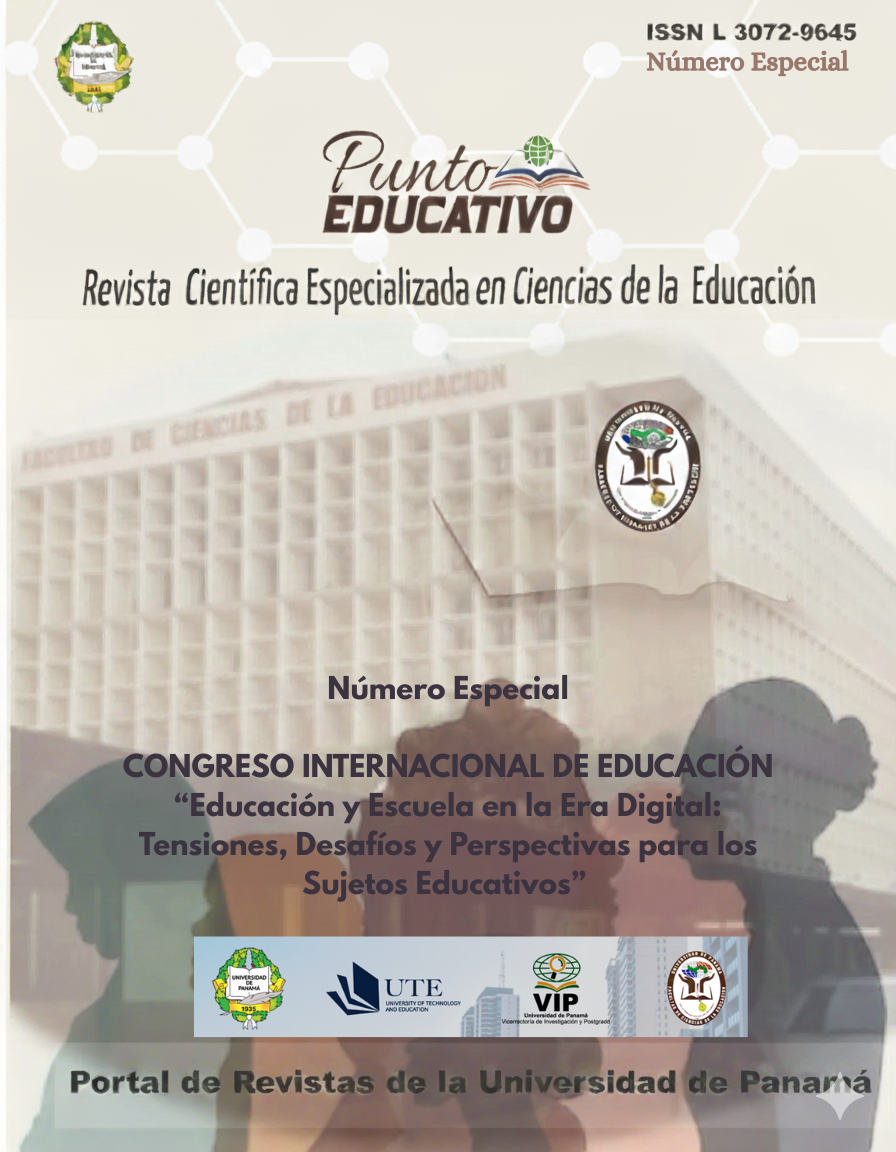

Copyright (c) 2025 Punto educativo

This work is licensed under a Creative Commons Attribution-NonCommercial-ShareAlike 4.0 International License.
When evaluating the outcomes in quality of life and the improvement of conditions for students with inclusive educational needs, we find an educational system that has not yet achieved a progressive transformation in the well-being and academic participation of these students, nor the necessary change in the perception and attitudes of the educational community towards diversity. Government programs directly lead to the Individual Plan for Reasonable Adjustments (PIAR), a tool that should ensure the relevance of the learning process for students with disabilities within the classroom, respecting their learning styles and paces, however, this program has not yet positively impacted the improvement processes for these students. The research conducted shows that students with NEI have not been guaranteed the ability to navigate their daily lives with maximum autonomy, nor have they achieved active and integral participation in school life, with no continuous progress in their development and learning. This article analyzes and describes, from the perspective of action and participation, the fundamental role of the school principal in directing and executing inclusion programs, ensuring student well-being, and enabling meaningful participation in society. The responsibility is essential so that each student passing through the educational institution he manages can acquire the necessary skills to face the challenges imposed by society, having the competencies and abilities required to successfully tackle the challenges they encounter.